Mental Health and Connection Are More Important Than Ever [downloadable]
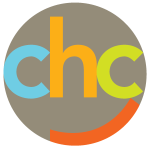 Children’s Health Council is leading the emotional recovery with learning and mental health services for kids, teens, young adults and families. Our mission-minded experts are committed to transforming lives with courage, connection and compassion. CHC’s areas of excellence include learning differences, ADHD, anxiety and depression and autism. Read more ›
Children’s Health Council is leading the emotional recovery with learning and mental health services for kids, teens, young adults and families. Our mission-minded experts are committed to transforming lives with courage, connection and compassion. CHC’s areas of excellence include learning differences, ADHD, anxiety and depression and autism. Read more ›
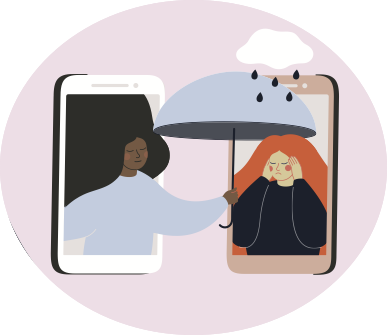
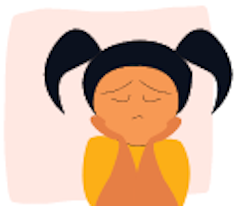
 Does your child have difficulty following directions, struggle with organization, or have trouble focusing on and completing schoolwork? The following checklist can help you determine whether your child may have a learning difference.
Does your child have difficulty following directions, struggle with organization, or have trouble focusing on and completing schoolwork? The following checklist can help you determine whether your child may have a learning difference. 
 Between kindergarten and twelfth grade, students are expected to learn how to study, schedule their time and complete sizable assignments without procrastinating. Yet these skills often aren’t taught explicitly. With the increased self-sufficiency necessitated by virtual education, educators and parents can help students learn and manage their goals more effectively by directly teaching study skills.
Between kindergarten and twelfth grade, students are expected to learn how to study, schedule their time and complete sizable assignments without procrastinating. Yet these skills often aren’t taught explicitly. With the increased self-sufficiency necessitated by virtual education, educators and parents can help students learn and manage their goals more effectively by directly teaching study skills. 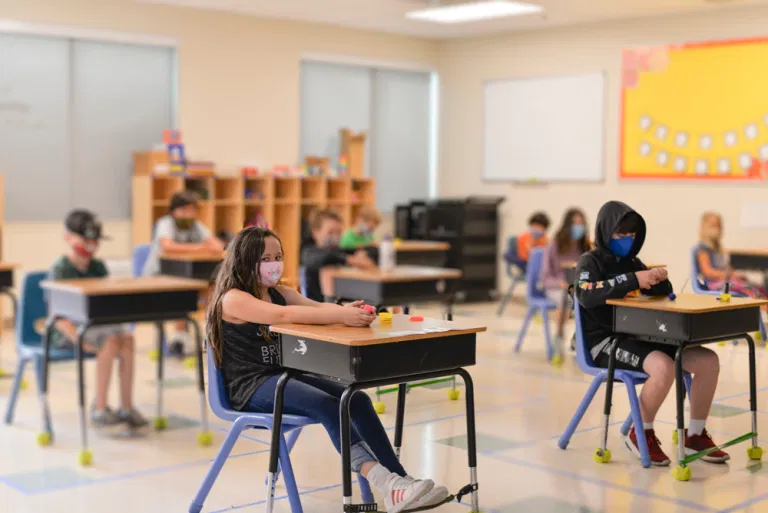

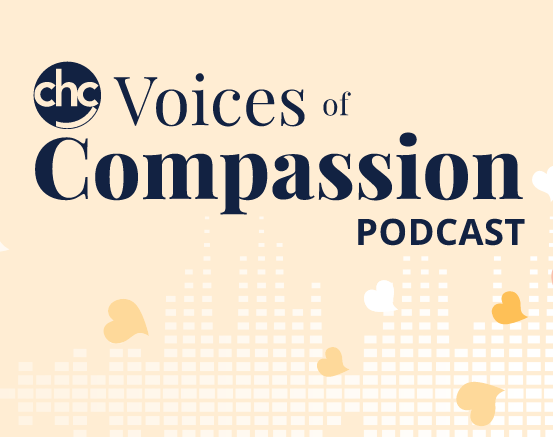
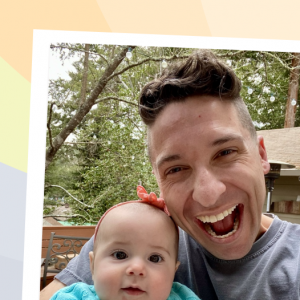 In this Voices of Compassion episode, we sat down with Ross Loofbourrow, an adult with ADHD who’s learned to embrace his differences as strengths and tap into his hyper-focus in a positive way. Ross believes ADHD is a superpower: in this episode, he’ll not only explain why, but share tips that may just make you feel the same way.
In this Voices of Compassion episode, we sat down with Ross Loofbourrow, an adult with ADHD who’s learned to embrace his differences as strengths and tap into his hyper-focus in a positive way. Ross believes ADHD is a superpower: in this episode, he’ll not only explain why, but share tips that may just make you feel the same way. 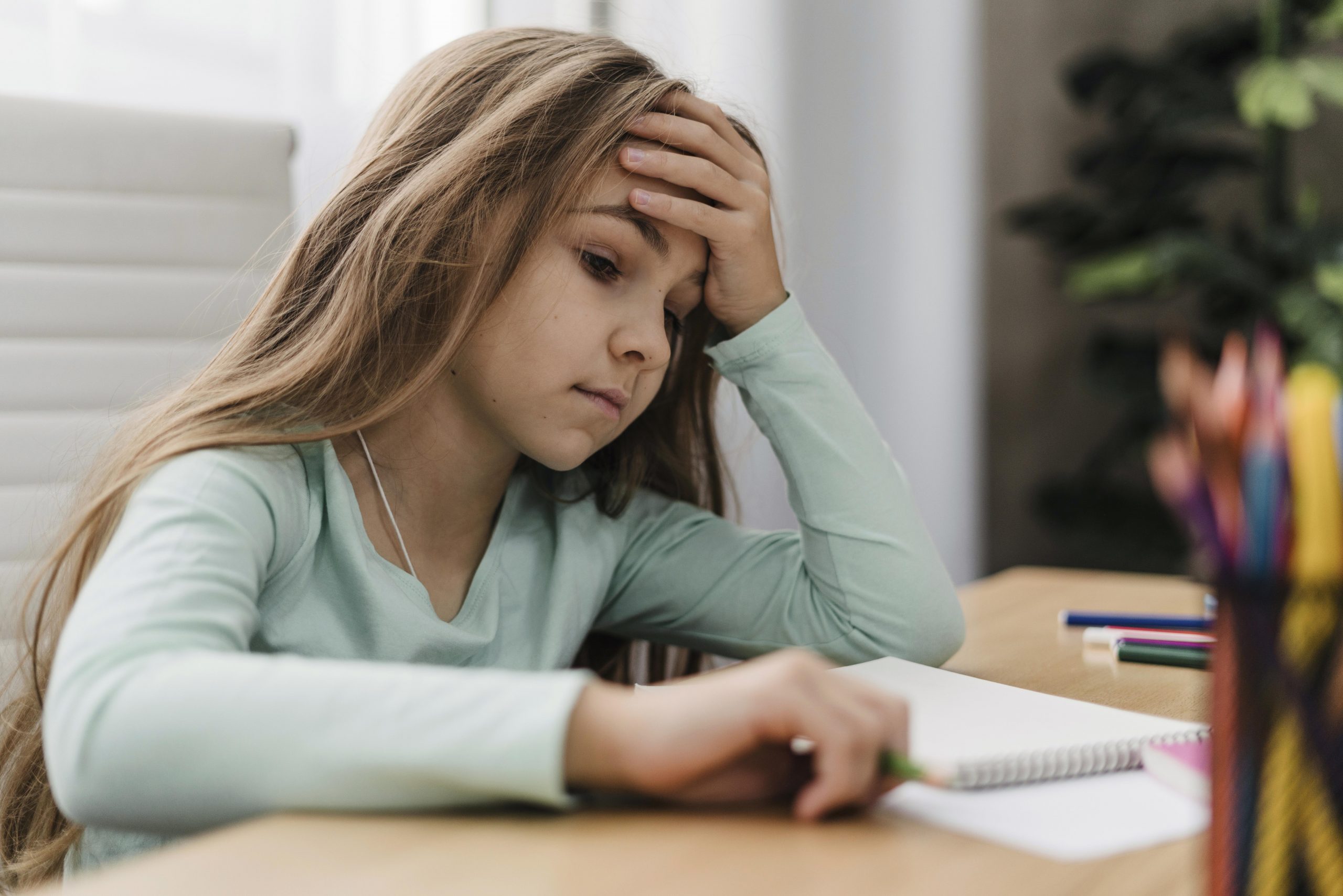
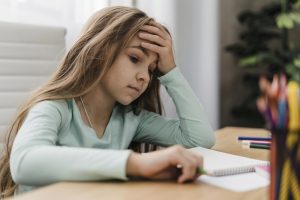 Many adults and children are working and learning remotely. This lack of face-to-face interaction can lead to feelings of boredom, isolation, and loneliness. An increased lack of structure can make it harder to accomplish tasks and can sometimes lead to anxiety or stress.
Many adults and children are working and learning remotely. This lack of face-to-face interaction can lead to feelings of boredom, isolation, and loneliness. An increased lack of structure can make it harder to accomplish tasks and can sometimes lead to anxiety or stress. 
 When the external scaffolding of school, work, and social routines collapsed last March, two things happened: Parents gained a front-row seat to their kids’ attentional and educational struggles during remote school, and adults’ own coping mechanisms and systems broke down, revealing core problems with motivation, memory, and organization.
When the external scaffolding of school, work, and social routines collapsed last March, two things happened: Parents gained a front-row seat to their kids’ attentional and educational struggles during remote school, and adults’ own coping mechanisms and systems broke down, revealing core problems with motivation, memory, and organization. 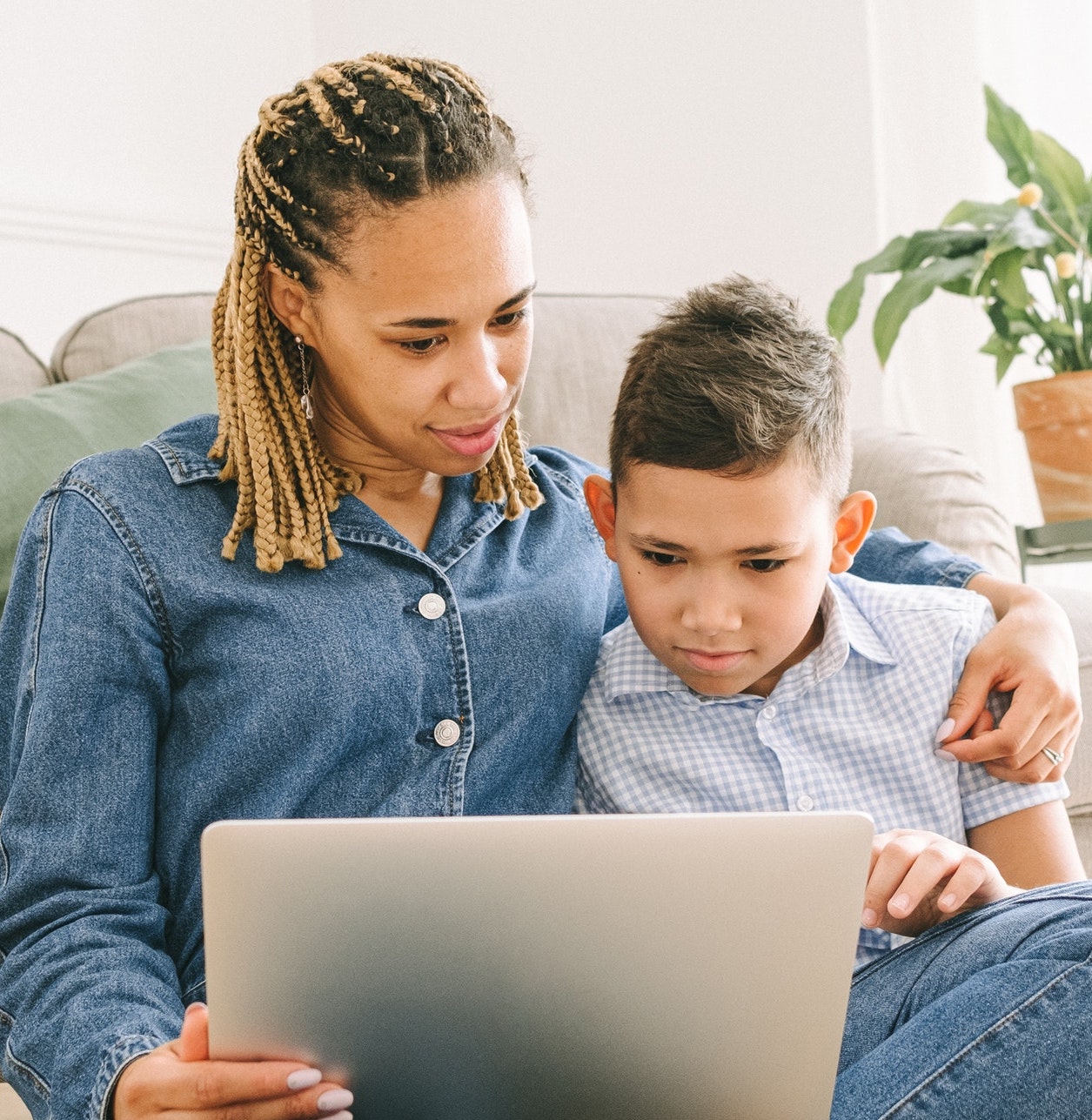
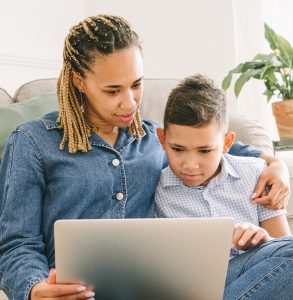 As the pandemic continues to restrict all of our lives, we’re hearing from many families that children with ADHD are struggling — including those who were thriving before their classrooms, activities and supports were disrupted.
As the pandemic continues to restrict all of our lives, we’re hearing from many families that children with ADHD are struggling — including those who were thriving before their classrooms, activities and supports were disrupted. 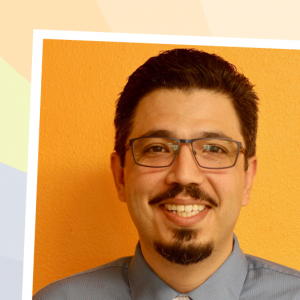 This Voices of Compassion podcast episode features
This Voices of Compassion podcast episode features 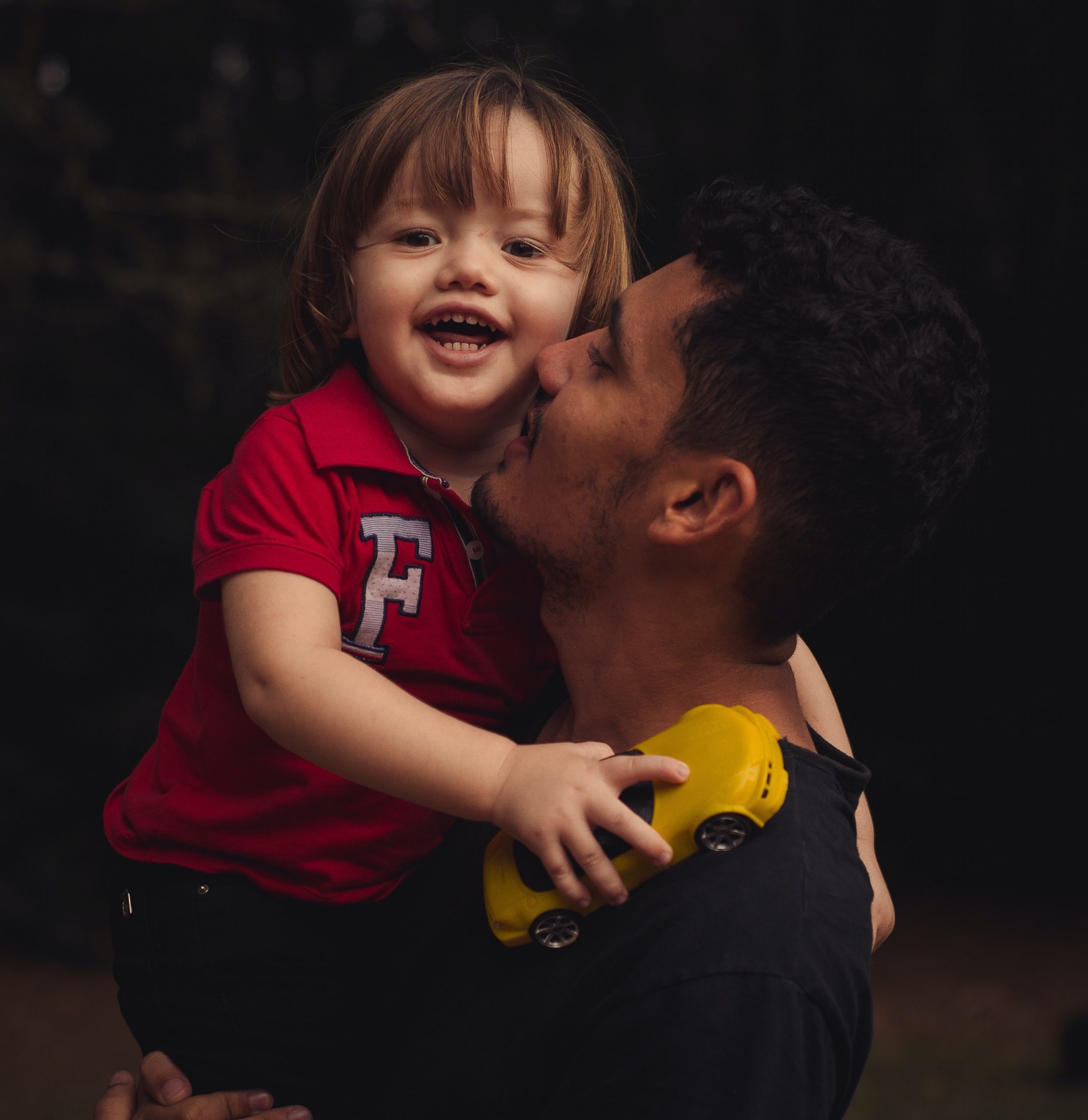
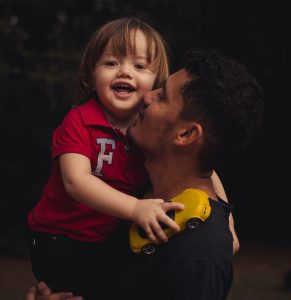 In the United States, an estimated
In the United States, an estimated 

